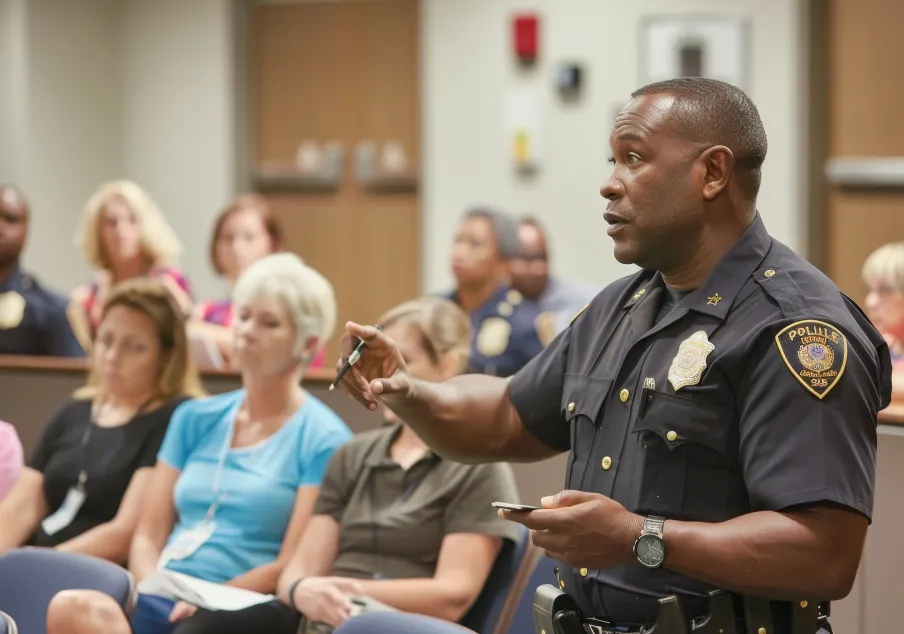Rural justice

Strengthening rural courts for equal justice
Limited access to technology and legal services are among the issues impacting rural communities. Courts in rural areas rely on tight-knit communities and creative problem-solving to address their justice system needs. We work with courts, justice stakeholders, and others to share best practices, deliver trainings, and connect partners to support rural communities.
Learning from the Rural Justice Collaborative
Advancing innovation, promoting collaboration, and raising awareness are at the heart of the Rural Justice Collaborative. Through its activities, the collaborative encourages partnerships among rural justice practitioners and key stakeholders to build robust networks that support innovative practices to meet the unique needs of rural communities.

Identifying legal deserts
We're using geographic information systems (GIS) mapping technology to assist state courts in identifying "legal deserts" – areas where people may face challenges accessing legal resources and services. GIS technology can help courts gain deeper insights into the needs of people living in legal deserts by generating legal desert maps that consider access-to-justice risk factors such as the number of attorneys compared to the population, distance to a courthouse, poverty rates, limited English proficiency, and the absence of internet or broadband connectivity.
Increasing access to legal services
Legal deserts are among the concerns being examined by the Committee on Legal Education and Admissions Reform (CLEAR) in its review of legal education and admissions reform.
New approaches to rural justice
Looking for ways to better support rural courts? We're here to help. Our network offers resources, information sharing, and networking to meet the needs of rural justice systems.




